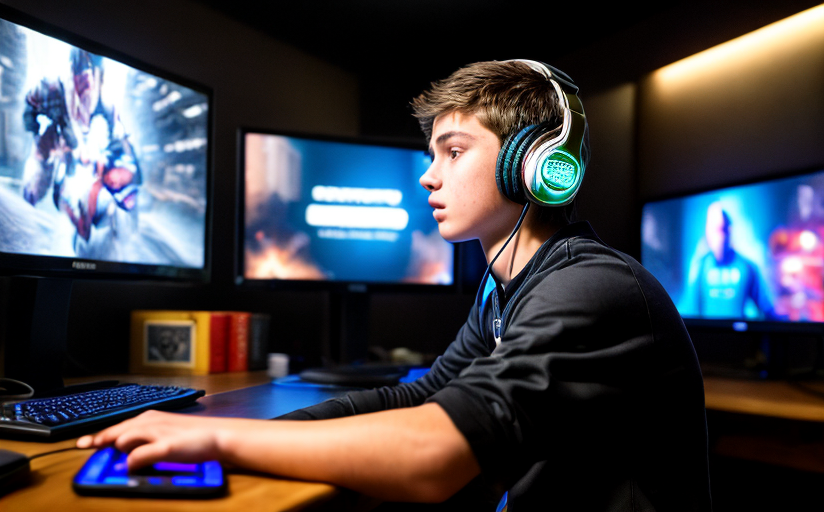Psychological Effects of Video Games and Esports on Players
Ever since the inception of video games, there has been heated debate about its impact on players, especially in terms of psychological effects. With esports becoming an increasingly popular segment, this issue gains new relevance. This article aims to provide an insightful and comprehensive exploration into this topic, presenting a balanced viewpoint echoing research studies, expert opinions, and experiences directly from the players.
Negative Impacts
Video Game Addiction
A study conducted by Gentile (2009) reveals that 8.5% of American youths from 8 to 18 years old are clinically addicted to video games. This often leads to problems such as poor school performance, and a significant decrease in other recreational activities and social interactions.
Social Behavioral Changes
Excessive gaming can result in impaired social functioning. This includes struggles in maintaining real-world relationships due to an increased preference for virtual interactions (Gentile, Choo, Liau, Sim, Li, Fung & Khoo, 2011).
Positive Impacts
Improved Hand-Eye Coordination
Studies have shown that individuals who play video games demonstrate better hand-eye coordination. A study by Achtman, Green, & Bavelier (2008) found that video gaming improves spatial resolution in visual processing, thereby enhancing hand-eye coordination.
Cognitive Development
Video games, specifically strategy and role-playing games, can aid in the development of problem-solving and strategic planning skills (Adachi & Willoughby, 2013).
Stress Relief
Video games can serve as an effective stress-relieving activity. Recent studies, such as the one conducted by Russoniello, O'Brien, & Parks (2009), indicate that casual video games provide effective health benefits and stress relief effects.
The Evolving Nature of Esports and Mental Health
As esports advance in popularity and acceptance, it is essential to fully understand how this evolution affects the mental health landscape. The competitiveness and high-stress environment of esports can lead to mental health issues among players. Efforts are now being made within industry leaders to break this stigma and encourage a more open discussion about mental health.
Maximizing the Benefits
To maximize the positive impacts while minimizing negatives, it's clear that healthy gaming practices need to be implemented. This includes setting reasonable time limits, encouraging a balanced lifestyle with physical and social activities, and providing mental health support, particularly in the high-pressure esports scenes.
Concluding Remarks
The psychological effects of video games and esports are complex and multifaceted, demanding ongoing research and discussion. Meanwhile, a balanced and mindful approach to gaming can help ensure the potential benefits are harnessed, while the negative implications are mitigated as much as possible.

















Comments
Leave a Comment